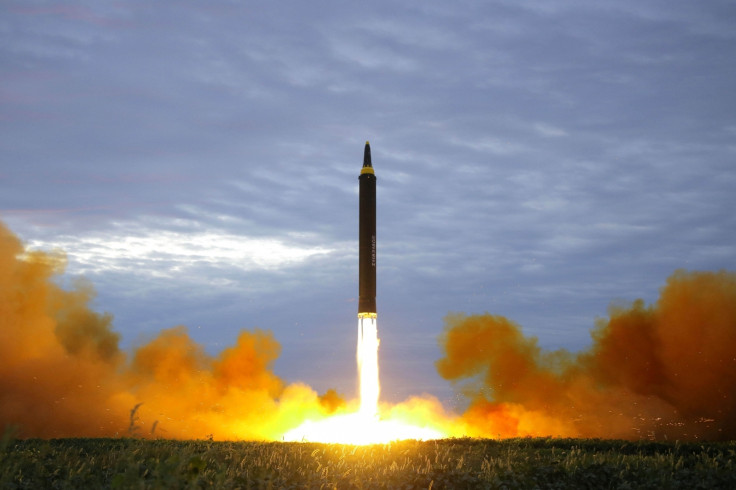New ballistic missile test? North Korea radio signals put Japan, US and South Korea on alert
"North Korea might launch a missile within the next few days," a Japanese government source said.
After Japanese government sources revealed on Monday (27 November) that the country was on alert upon intercepting latest North Korean radio signals, the US and South Korean administrations have started monitoring activities in the reclusive nation fearing a possible ballistic missile test in the coming days.
"North Korea might launch a missile within the next few days," one of the government sources in Tokyo said, based on the intercepted signals. However, the sources added that satellite images tracked over the last few days have not shown a missile or a movable launch pad in North Korea.
The sources suspect that the radio signals could also mean the start of winter training for the North Korean military, Japan's Kyodo news agency wrote.
Meanwhile, the Japanese warning has triggered a similar reaction from allies South Korea and the US, who too have begun monitoring activities in North Korea. "The South Korean military is closely monitoring and tracking possible North Korean provocations in collaboration with the US," Army Colonel Roh Jae-cheon, spokesman of the Joints Chiefs of Staff in Seoul, said on Tuesday.
A Seoul government source added that they have witnessed signs of brisk activity at missile bases across the border in recent days. "More monitoring is needed to gauge whether the North is trying to launch a missile or is preparing for winter training that starts in December," the source noted, according to Yonhap news agency.
The previous North Korean missile test took place on 15 September, when the country launched an intermediate-range ballistic missile over Japan, attracting international criticism. The move enraged Washington and US President Donald Trump put North Korea on the list of state sponsors of terrorism.
The South Korean source said there were signs of increased use of communication devices by the Pyongyang regime and a day ago, the country appeared to have operated radar that tracks a missile's trajectory.
Besides keeping a close tab on Pyongyang's activities, the three ally nations — Seoul, Washington and Tokyo — are also sharing related information amid growing threats from the North, the source added.
Kim Jong-un, the supreme leader of North Korea, has repeatedly threatened to reduce the US to ashes, boasting about its new long-range missiles capable of hitting mainland US.






















